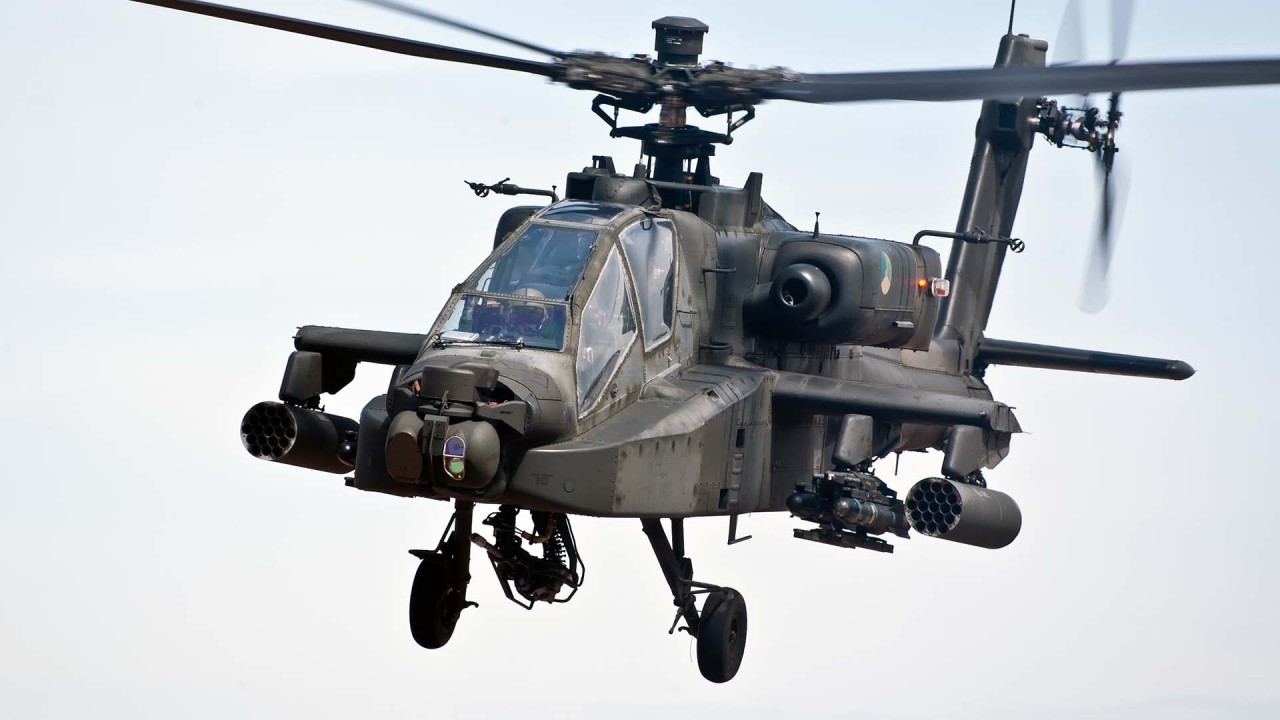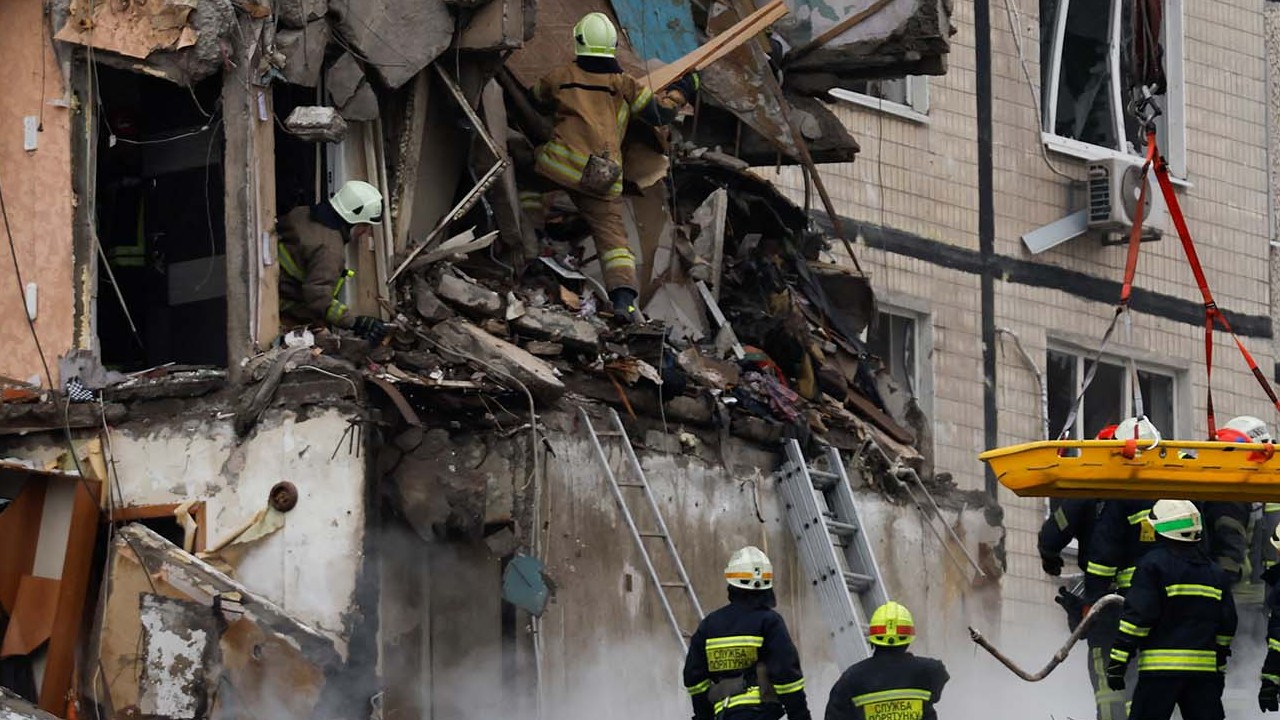
West’s arming of Ukraine threatens to fuel endless cycle of violence and bloodshed in Europe and beyond
- The possibility that weapons earmarked for Ukraine could be diverted and wind up on the black market in the hands of criminals and terrorists cannot be ignored
- There is a dire need for the international community to find a political, negotiated solution to end the conflict before things spiral out of control
A critical question is whether we need weapons because we have conflicts and wars, or whether we need conflicts because we make, buy and sell weapons. We should also ask what the chances are that these arms and weapons could fall into the wrong hands.
Clearly, any large-scale influx of weapons into conflict-affected areas raises concerns for peace and stability. Recent conflicts, including in Ukraine, Yemen, Syria, Ethiopia and Afghanistan, have seen massive transfers of weapons. There are concerns that these arms could fall into the wrong hands, such as criminal gangs or terrorist groups.
This weapons transfer has raised security concerns among some leaders. Izumi Nakamitsu, the UN’s high representative for disarmament affairs, told the Security Council in a briefing that a significant influx of weapons into conflict-hit regions raised questions about their potential diversion.
Jaye Gaskia, chairman of the Partnership Against Violent Extremism, also sees the war in Ukraine threatening security in the African region. He said, “The longer this war goes on, the more it opens up for all [manner] of groups to be entangled with it, if not directly through financial and funding, through building solidarity and the rest, [and] the more that becomes a possibility, the more insurgent groups in the Sahel begin to find the theatre of war in Ukraine as a veritable source.”
To halt this diversion of weapons, nations must implement comprehensive arms-control procedures. Otherwise, the result will be an endless cycle of violence and bloodshed in volatile conflict-prone regions.
The influx of large-scale heavy weapons into Ukraine raises concerns for peace and security. For post-war recovery, regional security and stability, as well as conflict prevention in other regions, it is essential to put in place adequate measures to counter the diversion of weapons. There is no military solution to the crisis in Ukraine.
The policy of flooding Ukraine with weapons will lead to further loss of life and destruction. It could lead to a protracted conflict, just like in Syria, Afghanistan and Libya. In the end, it is always the innocent people who suffer, some wounded or killed, others forced to flee their homes. It is past time to make every effort to achieve peace and end this war.
Mariam Shah is a PhD scholar in peace and conflict studies. She is a data-driven researcher and her areas of study include conflict analysis and resolution, terrorism and counterterrorism, international humanitarian law, post-war rehabilitation and military psychology



